our Gen Z employees want to be coddled and are struggling with the realities of work
This post was written by Alison Green and published on Ask a Manager. A reader writes: As a millennial (I’m 40) who spent years being mocked and maligned for enjoying avocado toast, I’m averse to generational generalizations. That said, I’m a manager in a large finance company struggling with how to motivate and manage our youngest employees. Our company is typical for finance; buttoned up, long-ish hours, high […]

This post was written by Alison Green and published on Ask a Manager.
A reader writes:
As a millennial (I’m 40) who spent years being mocked and maligned for enjoying avocado toast, I’m averse to generational generalizations.
That said, I’m a manager in a large finance company struggling with how to motivate and manage our youngest employees. Our company is typical for finance; buttoned up, long-ish hours, high expectations. We have thousands of employees who range in age from early 20s to 70s. The early career employees we’ve hired since the pandemic are … different. Our company was quick to recognize that, because these employees started their careers when everything was remote (and in some cases had a remote college education), they would be behind the curve in terms of professionalism and business norms, and we tried to adapt by providing more training and more support. But we’re now five years out, and a significant segment of this cohort continues to struggle.
In the last year, I found myself managing seven employees between the ages of 20 and 27. They are chronically disgruntled. I work hard to be fair, compassionate, and supportive while also maintaining the high standard of performance common to our company. But members of this group always seem to be grumbling about how they are treated unfairly. I have been accused of “humiliating” someone by asking a routine follow-up question to a report they gave to a meeting. They have a group chat where they complain about myself and my higher-ups being cruel and inhumane because we ask them to arrive at the office by 8 am (standard expectation in our field), correct their mistakes, and ask them to take on new challenges. I’m mean because I ask them to redo work that was below par. They talk constantly of quitting. One of them applied for a mental health leave because the job was too stressful (I hasten to add that this person had the fewest responsibilities and the easiest job on the team, never worked late, and is one of the higher paid people at her level). Sometimes they complain to management, but more often they complain to each other, and the venting turns into an echo chamber of toxicity that drags morale. We are paid VERY well for our industry, but they frequently complain they aren’t being paid enough. Because I have no power to give them money, I often ask what else I can do to make their jobs more fulfilling and help them to do their jobs well. They don’t know.
I feel that we’ve coddled this group of employees too much. They are less productive than their older peers and yet ask for much more. The person responsible for recruiting them has aggressively encouraged managers to treat this cohort with kid gloves because the pandemic stunted their development. But what I’m seeing is that some of these people will simply not last in this organization unless they adapt to our culture, and may not have thriving careers in this industry at all.
What can we do differently with employees we hire from here on out, and is there a way to change the course for the ones who are already here but unhappy and struggling? ( I should add that they are, for the most part, smart and well qualified to do their jobs. They have lots of potential, but are just deeply unhappy and seemingly unwillingly to adapt to the conventions working world.)
The best thing you can do is to be very, very up-front about the norms of the working world, the norms of your field, and what will and won’t change if they choose to stay in their jobs.
That means conversations like:
* “I’m sorry to hear you felt humiliated when I asked you about X in the Y meeting. My intent is never to make you feel that way. I want to be up-front with you that it’s a core expectation in this role that when you present at meetings, you will be asked follow-up questions and need to be prepared to answer them. We can definitely work on those skills together and can talk about things like how to handle it if you’re asked a question that you’re not sure of the answer to. I’d be happy to do that kind of coaching with you! But it will always be an expectation of this job, and of most jobs in our fields (as well as many outside of it), so it’s something you need to decide if you’re up for.”
* “Our team is paid very well for our industry, well above the field’s average, and I want to be up-front with you that our salary ranges aren’t going to go any higher. If there are other ideas you have for rewarding good work, I’m very open to hearing them. But I also want you to have the info you need to make good decisions for yourself and, realistically, if you’re seeking a raise to $X, that’s not something that will happen in this job. I of course understand if that means you decide it’s not the right position for you.”
* “An 8 am start time is standard in our industry because of ___ (reasons). I want to be up-front with you that it’s not going to change; it’s an expectation you’ll continue to be held to while you’re here. If that means it’s not the right job for you, I of course understand.”
* “You’ve sounded upset when I’ve sent you edits recently. It’s very normal in our jobs, and in most jobs, to receive feedback on your work, and you should always expect that will happen when you turn in work. That feedback is part of how you’ll get better and better at what you do, and how you’ll gain the skills to move into higher-level work. I want to be transparent that handling feedback professionally is essential to succeeding in your job here.” You could add, “That will almost certainly be the case anywhere you go.”
* “You’ve brought up X repeatedly, and I’ve told you what you realistically can and can’t expect. Continuing to raise it is becoming disruptive to our work, so at this point I need you to decide whether you can stay reasonably happily under these circumstances or can’t. If you can’t, I of course understand and we can plan for a transition out. But we can’t keep having this debate over and over.”
In other words … stop coddling. Don’t be unkind, but be direct. Direct is kinder in the long-run anyway.
You could also look at whether there are ways to pair some of them one-on-one with more experienced colleagues so that they’re not just being exposed to their peer group echo chamber. Can you find opportunities for them to work more closely with senior coworkers so they’re exposed to different perspectives, priorities, and norms? (I’d look particularly at pairing them with people just a little ahead of them in their careers, who they’ll likely be more able to relate to than someone much further along.) The group chat is almost certainly making this all far worse than it would be otherwise, but you can’t prohibit that without looking (and being) wildly heavy-handed, so instead be very deliberate about finding ways to broaden the perspectives they’re exposed to.
There’s also a conversation that needs to be had with the person who’s recruiting them and encouraging managers to treat them so delicately. Ideally, you and other managers should be pointing out to that person that the best way to support this cohort is to (kindly) help them adjust to the work world, not to let them go on believing it’s something it’s not. (I’d also look at how much power, if any, that person has to dictate how you manage your team. If they don’t have any, it’s still worth pointing this stuff out, but then you should feel free to simply proceed the way you want — but it will also help to get other managers on board with that plan.)
There also might be some meaningful work you can do on this when employees in this age group are first hired. I’d be interested to see if it would help to spell out to new hires very explicitly, “We’ve found recent grads have struggled with X and Y, and we want to be candid about the norms in this field and the working world generally, so that you’re not coming in expecting things to work one way and then being blindsided by it being different.”
But really, the kindest action here is to lay out how things work, without judgment on them for wanting something different. The basic stance is, “Let me tell you what you can and can’t expect from this job so you can make good decisions for yourself about whether it’s right for you.”




























































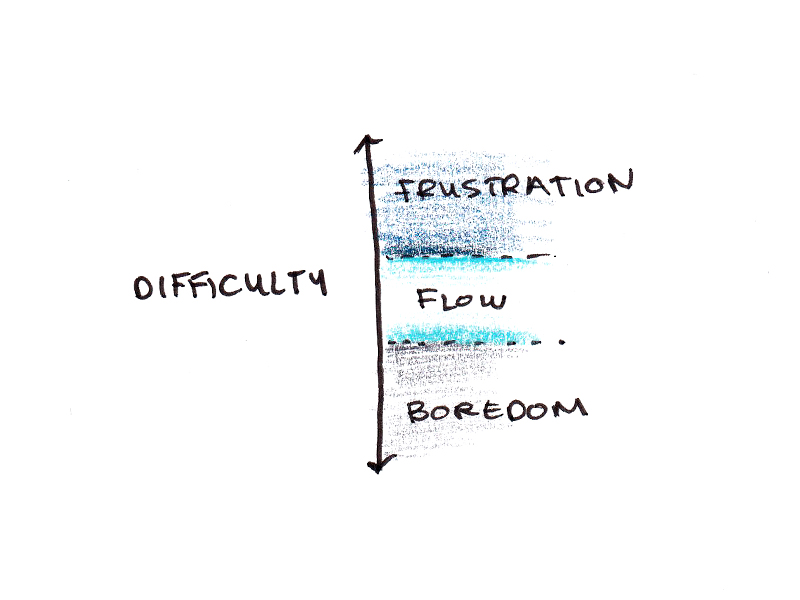










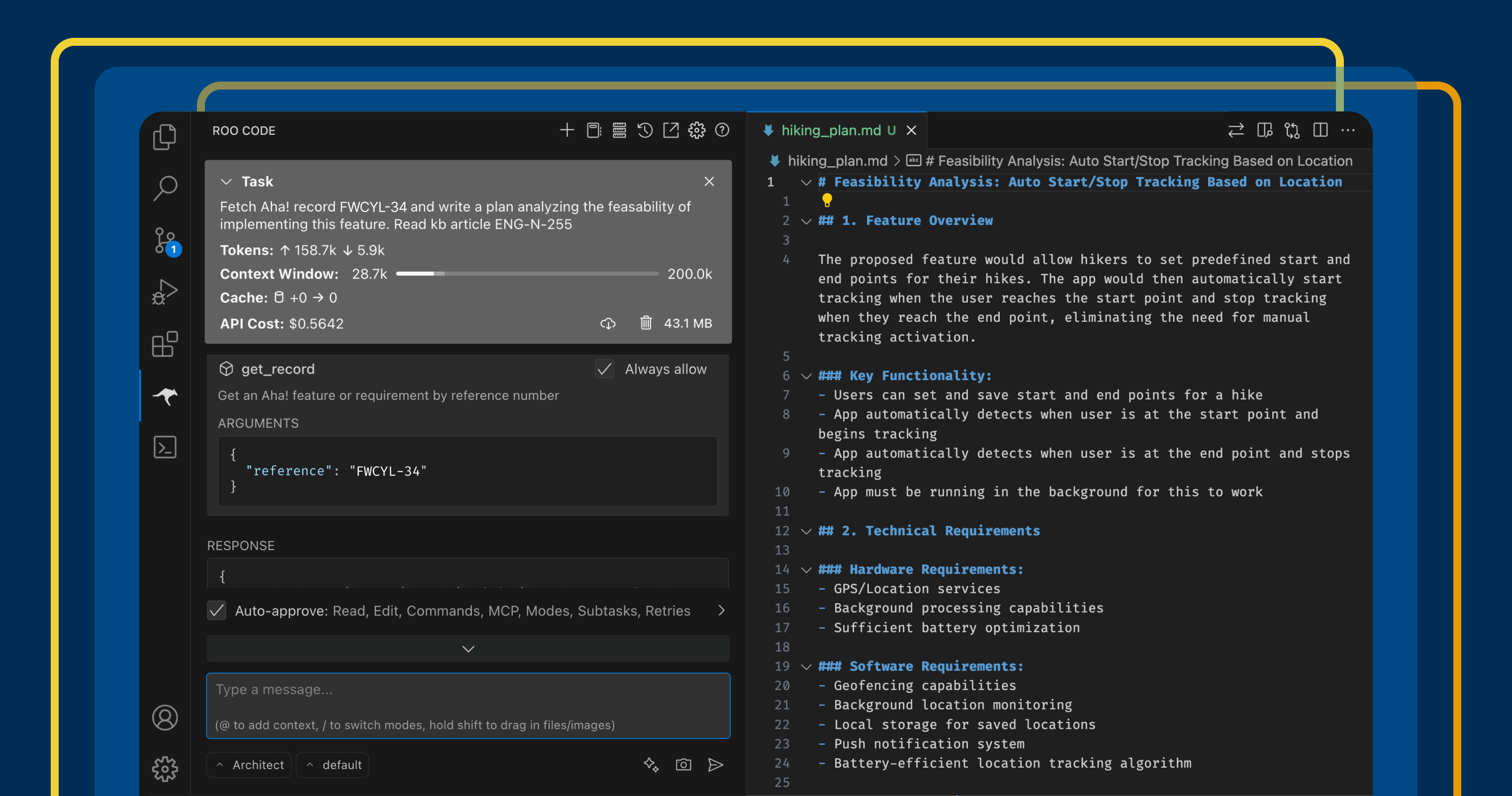

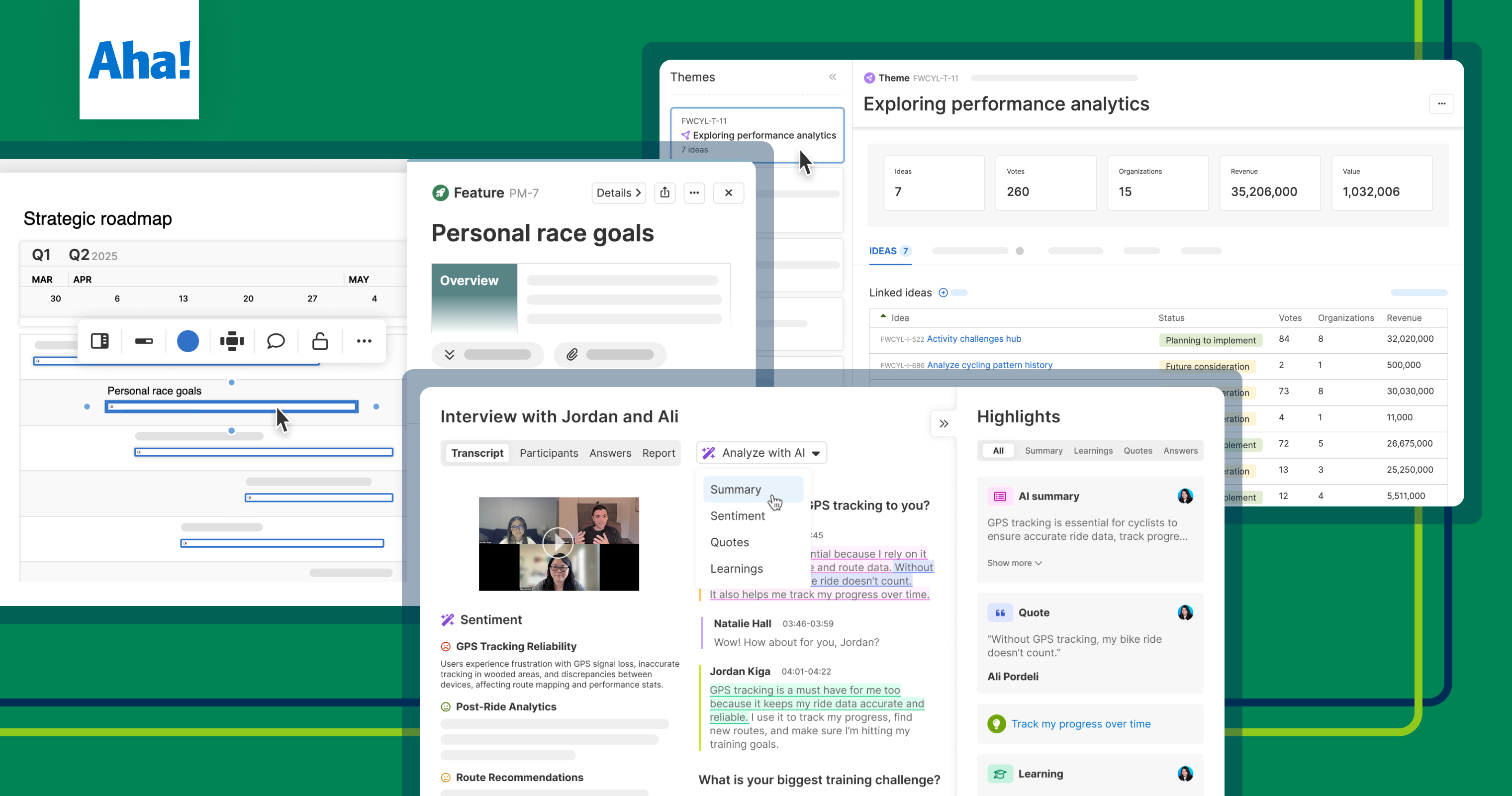




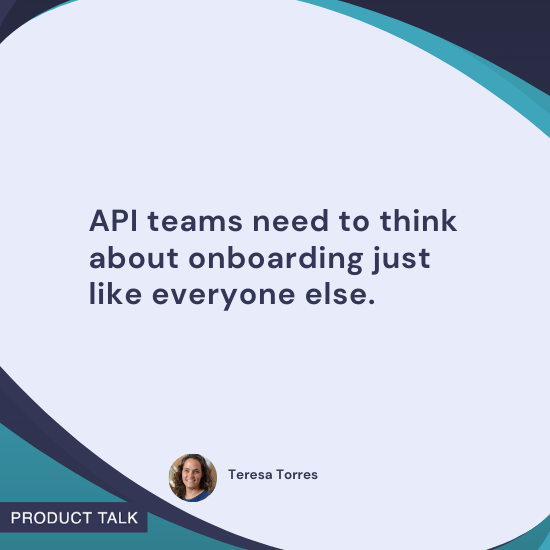
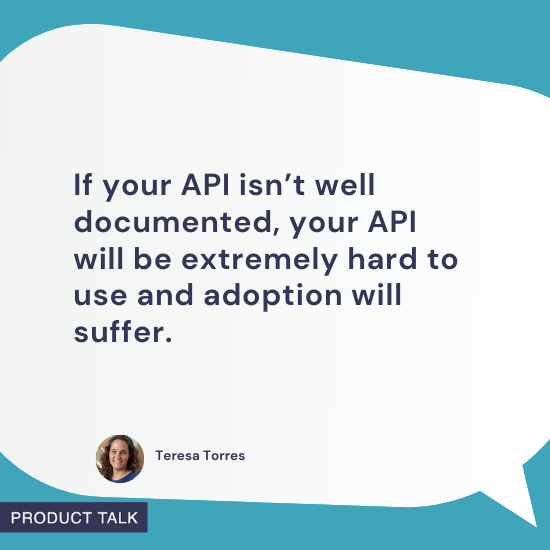


















![Building A Digital PR Strategy: 10 Essential Steps for Beginners [With Examples]](https://buzzsumo.com/wp-content/uploads/2023/09/Building-A-Digital-PR-Strategy-10-Essential-Steps-for-Beginners-With-Examples-bblog-masthead.jpg)





![How One Brand Solved the Marketing Attribution Puzzle [Video]](https://contentmarketinginstitute.com/wp-content/uploads/2025/03/marketing-attribution-model-600x338.png?#)































